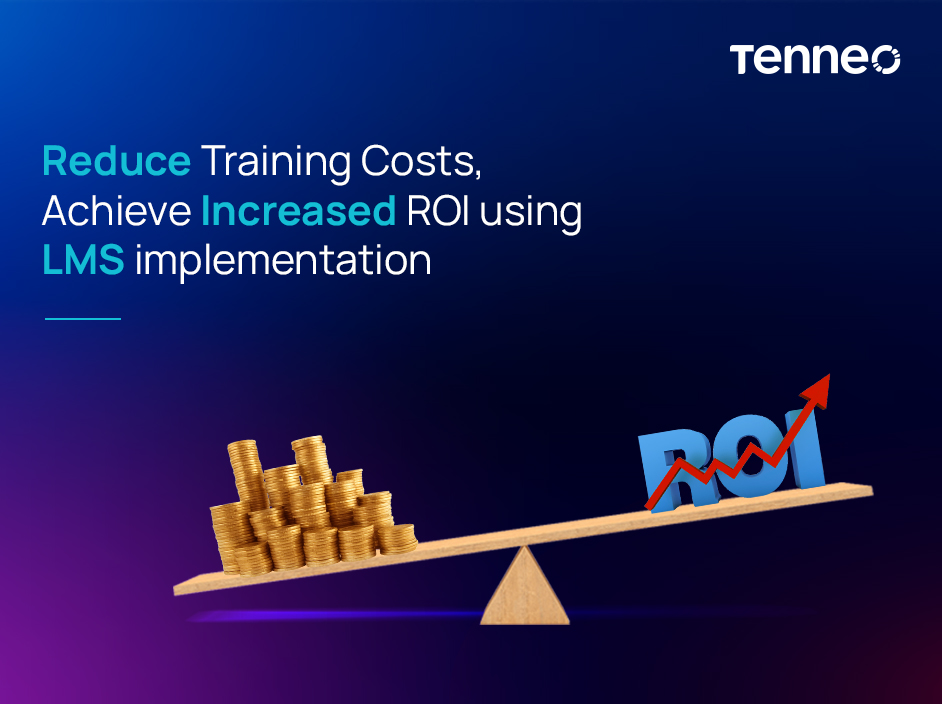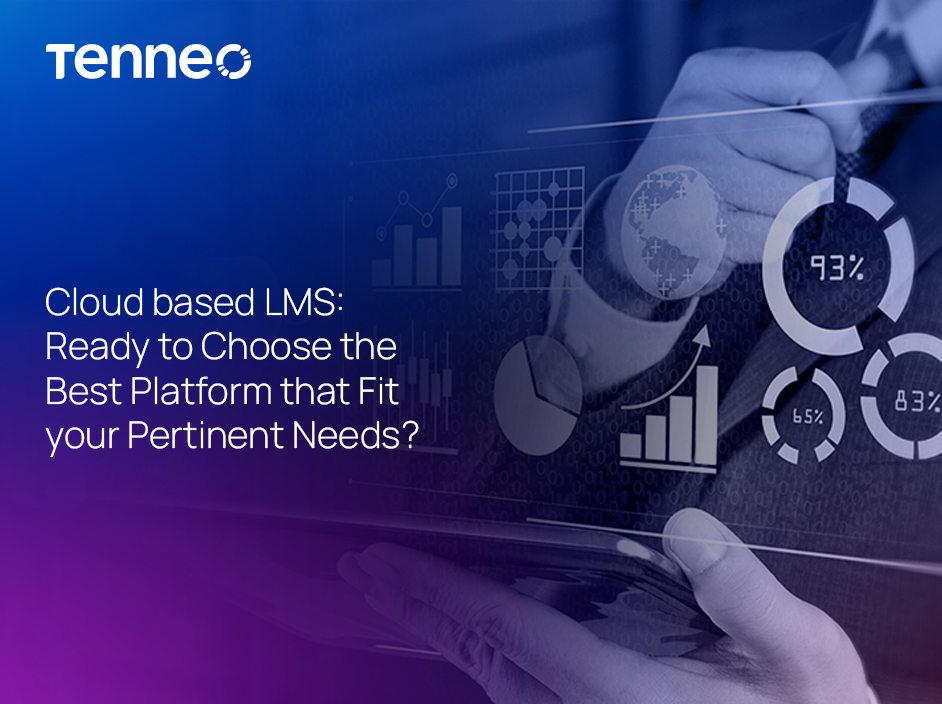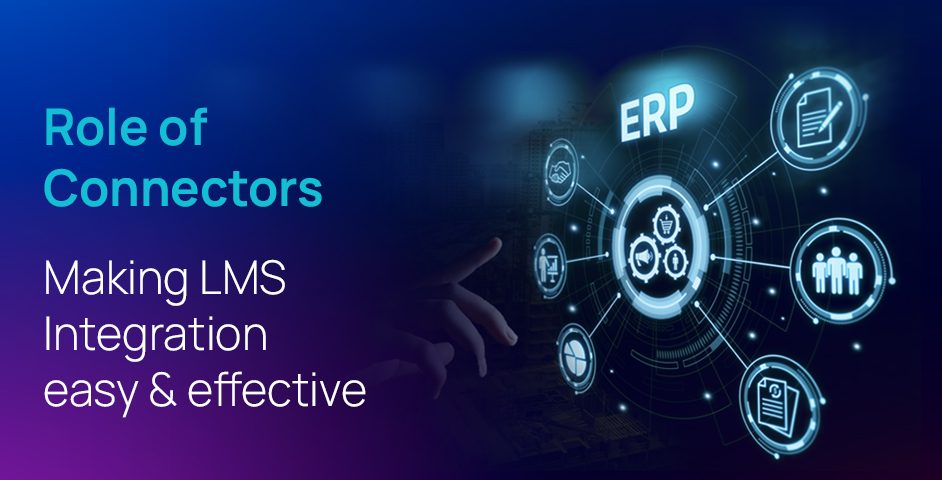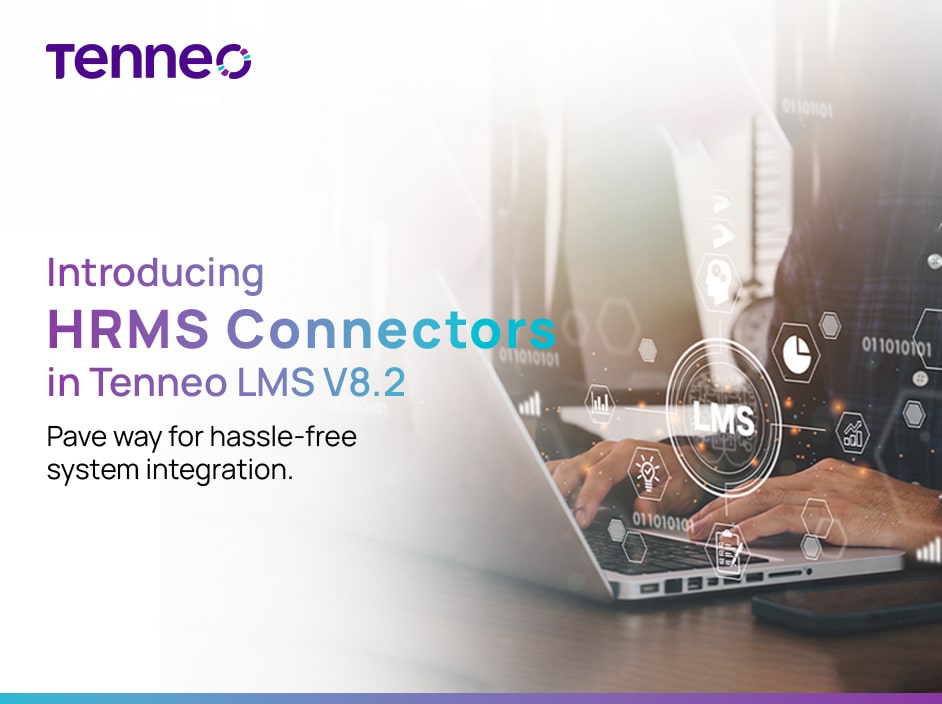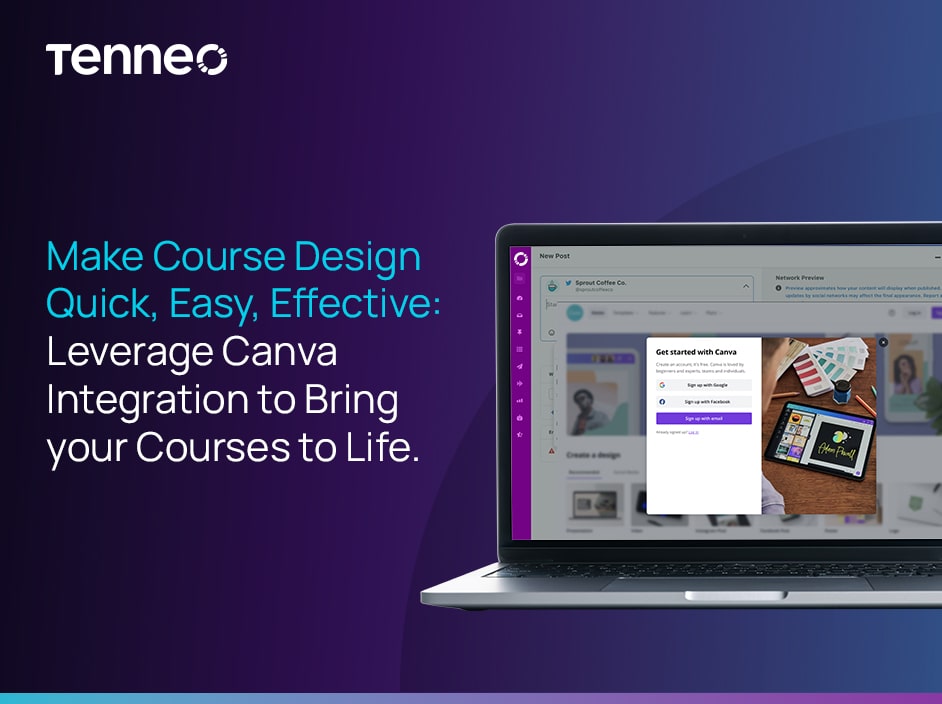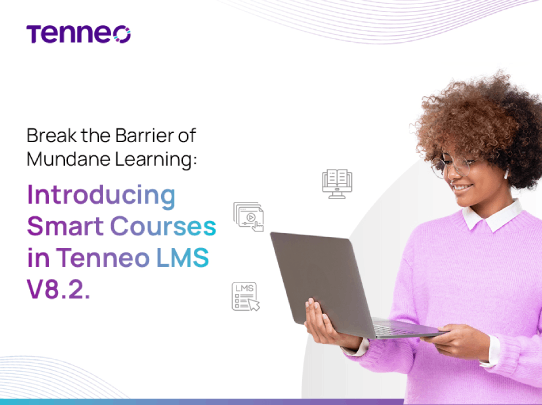As per a Gartner report, the top priority for HRs is building critical skills and competencies for their workforce. Here, the role of a Learning Management System (LMS) grows multifold.
Small and Medium Businesses (SMBs) have around 254 tech applications on average, and this number increases to 364 for large enterprises. However, employees use only 45% of the applications regularly. These numbers indicate that too many tools lead to lower adoption and disrupt workflows.
Organizations also use other systems and applications to manage their business processes, such as HRIS and HCM systems, CRMs, content repositories, identity management systems and more. To completely leverage the benefits of LMS, organizations need to integrate it with these systems. That's where LMS connectors come in.
What are LMS Connectors
Connectors are software components that enable communication and data exchange between the LMS and other internal systems. They act as a bridge to allow data to flow between LMS and other applications seamlessly.
Role of Connectors in LMS Implementation
- Integration with other Systems: Connectors enable LMS integration with other enterprise systems such as HR systems, CMS, CRMs, and other learning tools. This integration ensures seamless data flow between different systems for a better learning experience.
- Better Data Management: Connectors effectively synchronize the data between LMS and other systems to accurately track learners’ progress, achievements, and performance. This data is further used to generate reports, monitor compliance and perform skill gap analysis to make informed training decisions.
- Enhanced Accessibility: Connectors enable employees to access learning content from different platforms. They can access relevant information whenever required and learn at their own pace. This makes learning more flexible, personalized, and effective.
- Improved Scalability: With LMS connectors, integration of multiple learning tools and systems into one central platform becomes quite easy. This offers better management of learning programs on a larger scale. Organizations can expand their training programs, onboard more learners, and manage their learning ecosystem more effectively.
Tenneo (formerly G-Cube LMS) LMS V8 Connectors
V8 offers over 100+ connectors to facilitate hassle-free implementation and faster business integration. These connectors are continuously upgraded to provide better functionality and enhanced learning experiences. V8 is designed to support different integration scenarios, such as real-time or batch data transfer, one-way or bi-directional synchronization, and data mapping and transformation.
V8 offers a wide range of comprehensive connectors to ensure seamless learning experience for users and enable administrators to manage and analyze training data more effectively.
- User Management Connectors: These connectors synchronize user data between the LMS and other systems, such as HRIS, HCM or Active Directory. Notable examples - Workday, SAP, Peoplesoft, Adrenalin
- Content Connectors: These connectors enable the LMS to access content from external content repositories, such as document management systems, digital asset management systems, and web content management systems. Notable examples - Udemy, Coursera, LinkedIn Learning, You Tube
- Analytics & CRM Connectors: These connectors enable the LMS to integrate with analytics and CRM platforms, allowing administrators to track and analyze learner data. Notable examples - Salesforce, Zoho, MS Dynamics
- Identity Management Connectors: These connectors enable the LMS to synchronize with external identity providers (IdP) and authenticate user identities to ensure secure access. Notable examples - Azure AD, Google Apps, AWS AIM
- Web Meeting Connectors: These connectors enable online meetings, webinars, and virtual classrooms within the LMS. Notable example - MS Teams, ZOOM, WebEx
- Social Media Connectors: These connectors enable the LMS to integrate with social media platforms, allowing users to share content or interact with each other through social media. Notable examples – LinkedIn, WhatsApp, Teams, Slack, Twilio.
Final Word
Valued at $16.19 billion in 2022, the LMS market is expected to grow to $40.95 billion by 2029, according to Fortune Business Insights research. It is the need of the hour to implement an LMS that allows seamless integration with your existing systems and enhances the learning experience. V8 enables seamless LMS integration to improve data consistency, reduce costs, enhance the user experience, and provide better reporting and analytics.
Get in touch with our learn tech experts to level up your employee learning game.
